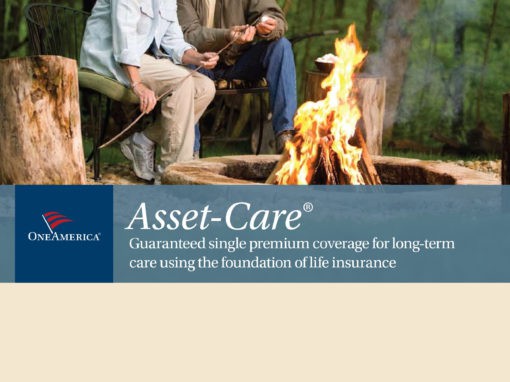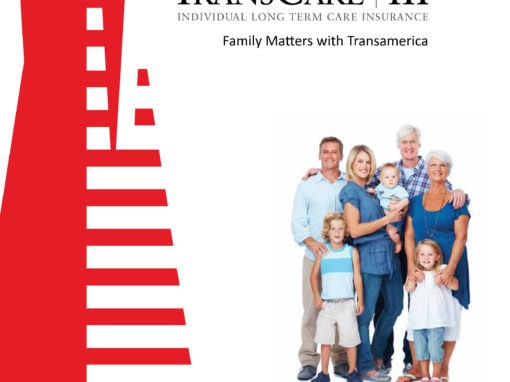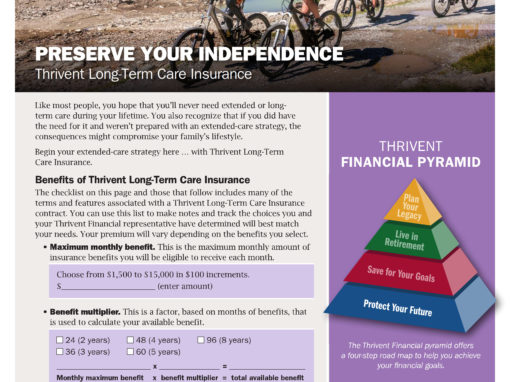Long Term Care Insurance Policy Brochures for Florida







Frequently Asked Questions
What is long term care?
Long term care encompasses a wide range of medical, personal and social services. People may need this care if they suffer from prolonged illness, disability or cognitive impairment. This care includes services provided by home health care agencies, adult day care centers, traditional nursing homes and continuing care retirement communities. In addition, family members often provide long term care.
What is long term care insurance?
Private insurance companies offer individual or group long term care insurance policies or certificates that provide benefits for a range of services not covered by your regular health insurance, Medicare or Medicare supplement insurance.
Long term care policies or certificates may be sold by an agent, through the mail or on the internet. Some companies sell these policies or certificates through senior citizen organizations, fraternal societies and continuing care retirement communities. Some employers now offer these policies or certificates to their employees.
The Department of Financial Services provides more information on long term care insurance in its ‘Florida Consumer Guide to Long Term Care and Other Options for Seniors’ publication. The Department of Financial Services website provides access to this document: www.myfloridacfo.com; click on Consumer Protection, Consumer Guides, and then select Long Term Care Guide – A Long Term Care Insurance Guide for Consumers.
What types of benefits are available in a long term care policy or certificate?
The benefits will vary based on the type of policy or certificate you purchase. Benefits include some or all of the following:
• Nursing Home;
• Respite;
• Alternative, waiting in hospital for nursing home;
• Adult Day Care;
• Bed Reservation;
• Assisted Living Facilities;
• Home Health Services;
• Hospice; and
• Home and community-based services.
How much is the cost of long term care insurance?
The cost of long term care insurance policies or certificates, including Partnership policies or certificates, will vary depending on your age, type of coverage you choose, and the company issuing the policy or certificate.
You can contact long term care insurance companies to obtain price quotes for a policy or certificate.
Some financial experts recommend that you spend no more than 5 percent of your income on a policy or certificate. Following this recommendation means that you would need an annual income of at least $60,000 to afford a $3,000 policy or certificate that would provide all the benefits for a range of care. Of course, the price of your policy or certificate will depend partly on your health status, your age and the benefits you choose.
Carefully evaluate your sources of income. If you have large investments to protect, such as houses, businesses or stocks, it might be a good idea to buy a long term care policy or certificate. This is especially true if you do not want to use all of your savings and assets to pay for long term care. However, if you are living on a limited income, such as Social Security benefits or a small pension, a long term care policy or certificate may not be the best way to spend your money.
During your application review process, you will be provided with two important forms. One is a personal worksheet; the other is a disclosure. The personal worksheet will collect financial information to determine if the policy or certificate is suitable for you. The disclosure will provide, among other things, a list of the company’s past rate increases. This information is valuable when comparing products and companies.
Resources:
The State of Florida recommends:
Searching for Rate Increase information in Florida? We have the answers you need.
For further assistance, please contact us.



